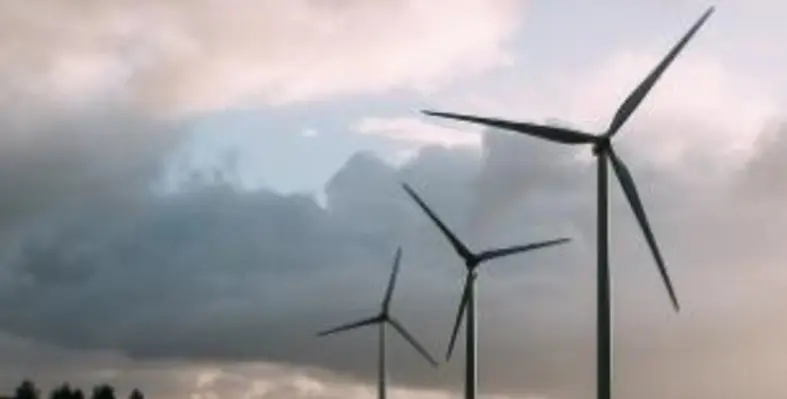Lekela, a leading renewable power generation company that delivers utility-scale projects across Africa, has successfully reached financial close on its 158.7MW Taiba N’Diaye wind power project in Senegal
Situated 70km north of Dakar, the project will operate under the name Parc Eolien Taiba N’Diaye and will consist of 46 Vestas wind turbines. Each turbine will be able to produce 3.45MW of clean and reliable energy that will be delivered to the local grid.
The project is in line with the government of Senegal’s strategy to increase clean electricity production, diversify the country’s energy mix and ensure affordable electricity for the citizens.
Once completed, the project is set to provide more than 450,000MWh of energy per year for more than two million people and save about 300,000 tonnes of CO2 emission per year.
According to Lekela, the project is expected to contribute up to US$20mn to the local community over the life of the wind farm.
The core focus of this programme is to create sustainable livelihoods for communities by improving agriculture and providing vocational training opportunities for youth. Initiatives to boost the local region’s mango economy and to increase IT resources in schools are already underway, with more programmes in the pipeline.
“During peak construction, up to 400 employment opportunities will be created, developing important skills and knowledge in the local community and enabling improved employment prospects,” said the company.
Chris Antonopoulos, CEO of Lekela, commented, “The demand for competitively-priced clean power is growing daily across the continent. Renewable energy sources like wind and solar are quick to build and use natural resources that are abundant in many African countries, rather than relying on importing costly fossil fuels.”
“The challenge is bringing together the technical, financial and development expertise required to turn these opportunities into reality. As today’s milestone demonstrates, getting the mix right can generate lasting benefits for communities and governments,” Antonopoulos added.
Financing has been provided by OPIC, the US government’s development finance institution and EKF, Denmark’s Export Credit Agency. MIGA, the international financial institution provided political risk insurance, and Power Africa also supported the project’s development.













